SUMMARY
This is AI generated summarization, which may have errors. For context, always refer to the full article.
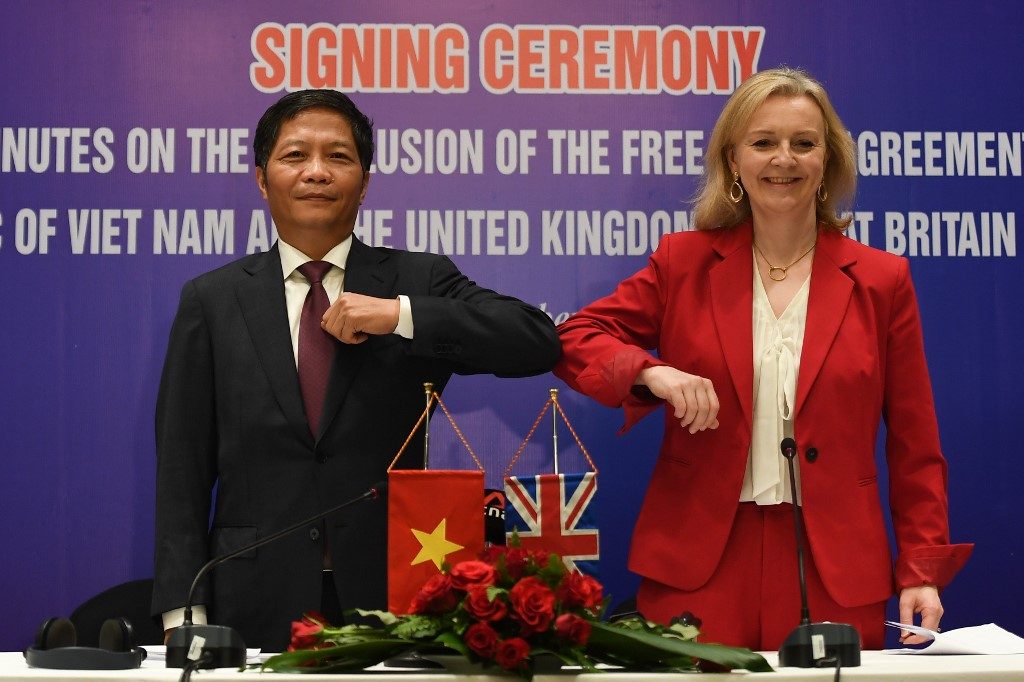
Britain and Vietnam on Friday, December 11, finalized a free trade agreement, the second deal London has reached in Southeast Asia in as many days while deadlock continues over post-Brexit European Union (EU) arrangements.
The deal with Vietnam comes into force January 1, 2021, and will be Britain’s 3rd, following the pact with Singapore on Thursday, December 10, and October’s first post-Brexit trade deal with Japan.
Vietnam stands to benefit from tariff savings of £114 million ($150.6 million) on its exports while British exports will be £36 million better off, with 99% of tariffs eliminated once the agreement is fully implemented.
British International Trade Secretary Liz Truss and Vietnam’s Trade Minister Tran Tuan Anh on Friday finalized the deal which basically locks in the benefits of London’s existing trading relationship with Vietnam under an EU deal.
“For sure this will be momentum for reform activities of Vietnam,” Anh told reporters.
“Investors and businesses from the UK as well as partners in Vietnam will have big opportunities to take part in the process of restructuring and an investment wave to Vietnam to form new supply chains.”
The ministers expect the deal will further boost bilateral trade, which tripled between 2010 and 2019 to $7.5 billion.
John Walsh from the Royal Melbourne Institute of Technology’s business school in Hanoi said the deal showed Vietnam was becoming increasingly confident in negotiating bilateral pacts.
“Vietnamese consumers and the high street will be enlivened by the arrival of leading brands such as Marks and Spencer, Boots, and supermarkets like Waitrose and Tesco. Private health care and educational institutes are also likely to become more prominent,” he told Agence France-Presse.
“There is likely to be more success for frozen seafood, cheap clothing, and electronic goods assembled [in Vietnam]. Other agricultural products may take a little longer to become successful because [British] people will need to be educated into how to use them or what to do with them [like dragon fruit].”
Walsh said there was unlikely to be a trade boom in the short term while the economy, especially in Britain, is struggling with the debilitating effects of the coronavirus.
Analysts say Britain is likely to get a trade boost in pharmaceuticals, vehicles, and spare parts.
Truss said the agreement would take Britain a step closer to joining a massive free-trade zone, the Comprehensive and Progressive Agreement for Trans-Pacific Partnership (CPTPP).
“The CPTPP is important to the UK first of all because it will give us…deep access to a 9-trillion-pound market, but also because it helps the UK diversify its supply chains more broadly and makes us more resilient,” she said.
The pact groups 11 Pacific Rim nations, among them Australia, Canada, Chile, Japan, Mexico, and Vietnam.
A previous version of the deal was once championed by the United States, but President Donald Trump abandoned it.
The bloc is home to 650 million people and – prior to the pandemic-induced downturn – had enjoyed rapid economic growth in recent years. – Rappler.com
Add a comment
How does this make you feel?
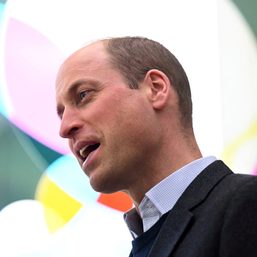
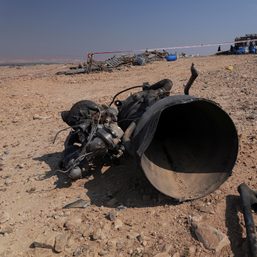

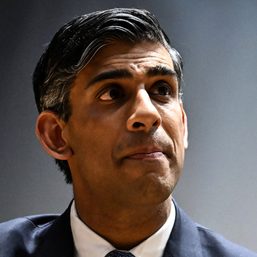
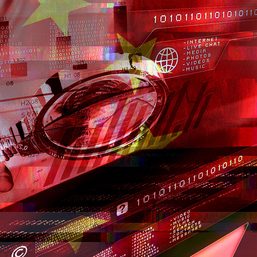
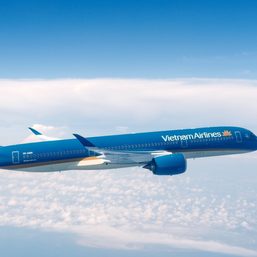
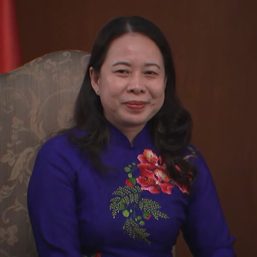
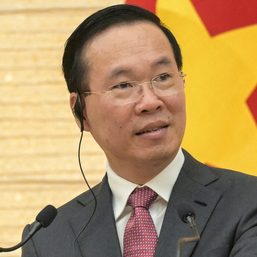

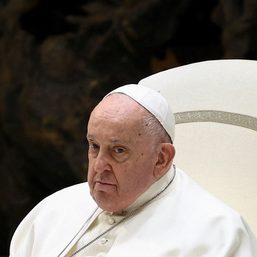
There are no comments yet. Add your comment to start the conversation.